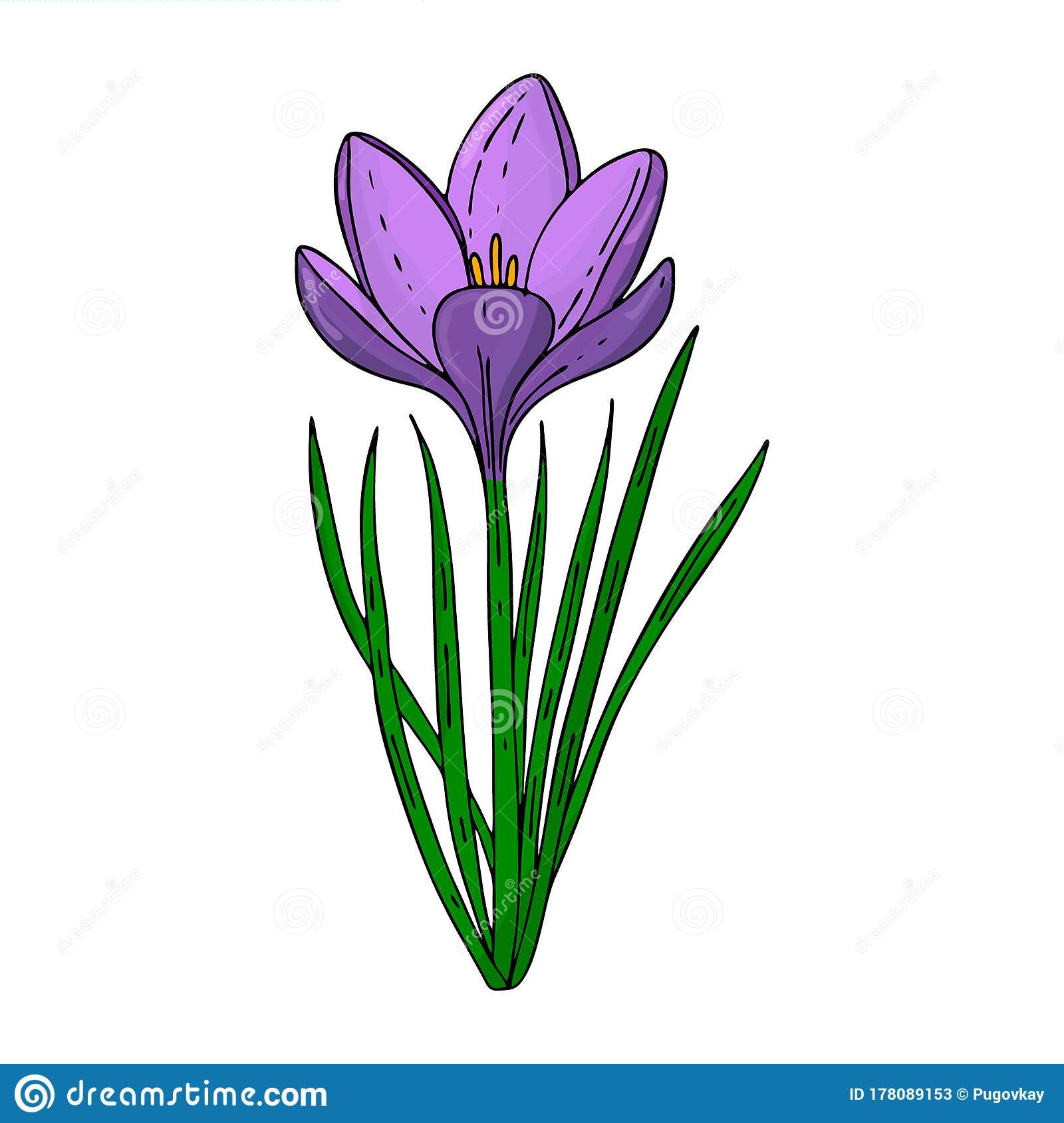
Mulching is a very effective way to improve your soil's fertility, as well as prevent the growth of weeds. Mulch can be used to enhance your garden in many ways. There are many mulches to choose from: organic, inorganic and synthetic. Mulches can also help spread fertilizer. Mulch can also be used to spread fertilizer.
Organic mulches
Mulches made from organic materials are the best choice for mulching a lawn. They reduce weeds and are easy to apply. They can also be used to conserve soil moisture and reduce evaporative losses. This type of mulch is also good for perennial crops and small fruits. However, this type of mulch might not be a good choice for multiacre lawns.
Organic mulches, made from natural materials such leaves and other plants, are absorbed into soil. These materials become soil-nutrient rich over time as they decompose. They improve the soil's structure, protect it against weeds and slow down the soil's warming. They are also attractive and improve the aesthetics of your yard.
Bark mulch is a good option if you plan to mulch trees and shrubs. However, it can clump and hinder rainwater penetration. Spread it between the tree trunk and 3 to 6 inches. Cocoa bean-hulls are another option that is popular. These mulches are light and simple to apply. They can be expensive, however, compared to other organic mulch. You should also be aware that cocoa mulch may be toxic for your pets.
Another excellent option is shredded newspaper. This product is very effective for mulching, and is also excellent for a vegetable garden or lawn. It also has natural hormones that aid in plant growth. It is also rich in carbohydrates, which are essential building blocks for growing plants. This material will enhance the plants' performance when used as organic mulch. The best part is that it will decompose slowly and will last for the entire growing season. It is easy and quick to rake up, then work into the soil.
When mulching, you should consider the timing of the application. You can prevent plants from hardening by mulching early and provide extra insulation for your soil. Late mulching can prevent frost heaving (caused by freezing and thawing of soil). You should place winter mulch around plants' bases in winter. However, the mulch should be removed in spring when temperatures return back to normal.
Inorganic mulches
There are many options available when it comes to inorganic and organic mulches for mulching. How much space you have available and how the material you choose will affect your decision. Here are some tips to help you make a decision.
Crushed granite and gravel are excellent choices for rock gardens and xeric beds. They are attractive and will not cause any rot to the roots of your plants. Also, adding gravel to a dry area can help stop weeds growth. Organic mulches don't allow weed seeds or roots to grow in them, so you will have less weeds in your garden. Slate chippings can be used as mulch. This mulching option doesn't need to be replaced every year, which can save you money over the long-term.
Inorganic mulches have a tendency to last a lot longer. They won't be decomposed and will not need to replaced every few decades. Organic mulch will condition your soil and encourage earthworms in the soil. It can also be used to enrich the soil with nutrients. Unfortunately, organic mulches need to be changed regularly. Organic mulches are made from synthetic materials, and they don't break down or decompose in the soil. These materials might not be as beneficial to your gardening, but they will still make a difference.

Organic mulches work well to control weeds. They are also effective in reducing evaporation, and allow rain to reach your soil. Organic mulches are also beneficial in enhancing crop growth. Some mulches release natural chemicals that can inhibit the growth of weed seedlings. They can also boost the K content in the soil.
Organic mulch is a good choice for controlling annual weeds. It also provides beneficial microorganisms. The soil's structure is enhanced by the sticky substance produced by these microbes. It also reduces the need for pesticides and herbicides. It will improve the look of your landscape. A two- to three inch layer is usually sufficient.
Synthetic mulch
Synthetic mulches combine a number of materials. Some are made using woven fabric, others from biodegradable and recycled paper. These materials are durable for between eight and twelve years. They can also re-use well. We'll be discussing the advantages and disadvantages of synthetic mulches. The purpose of synthetic mulches will determine whether or not they are appropriate for you.
Plastic mulch is extremely popular with farmers because it's inexpensive and easy to find. It is especially good for mechanized medium to large-scale farming, and it has the advantage of being compatible with drip irrigation. Plastic mulch also reduces weeds and increases soil temperature. For these reasons, plastic mulch is a good choice for farmers who want to protect their crops. Organic mulches will be a better option than plastic mulch.
Using mulch is also beneficial for soil moisture and preventing evaporation. Mulch is a good choice to reduce irrigation water as it retains moisture in the soil. Mulch acts as a barrier between raindrops and plants. Raindrops carry spores of different diseases and attach to the foliage of vulnerable plants. Mulchs can increase the overall growth of crops, in addition to these benefits.
Plastic mulch does not completely eliminate weeds. There are still places where light can penetrate the soil and weeds can grow. Because of this, additional measures must be taken to manage weeds that invade planting holes. If not managed quickly, these weeds will compete with the crop. This is especially true for vining species, which tend to grow toward the light of the planting holes. Plastic mulch can also be punctured if weeds grow at sharp points. This could lead to crop damage.
Mulchs have many benefits, including increased crop yield, conservation of soil moisture and enhancement of nutrients. Mulchs can also enhance the beauty of landscapes and increase the value of crops. These benefits depend on which type of crop they are and what management practices they use.
Fertilisers spread over mulches
Gardeners looking to improve their soil can spread granular fertilizer on mulch. Mulch can protect the fertilizer from contact with soil and can lead to poor results. To prevent this, apply fertilizer directly onto the mulch.

Liquid fertilizers work better with mulch than granular fertilizers. This is because liquid fertilizers can penetrate the mulch and reach the soil below. This allows nutrients to reach plant roots. Too thick mulch can cause fertilizer to be diluted. Liquid fertilizers are better suited in this situation.
You should remove all mulch before fertilizing your plants. This will ensure the plant receives the best fertilizer. Otherwise, granular fertilisers may become trapped in the mulch and fail to reach the plants. You can also use liquid fertilizer and spread it over wood chips. If you do plan to use liquid fertilizer, ensure it is not too wet before applying it.
Mulching will help you soil retain moisture and suppress weeds. Mulching also protects and prevents soil erosion. Mulch also helps reduce the time that you spend gardening. It can also save you money by keeping your soil moist even during dry seasons.
Mulches can made from either organic or inorganic materials. The inorganic mulches don't compete for nutrients with the plants. Organic mulches are beneficial to soil structure and provide nutrients for the plants. Wood chips or processed conifer bark can be used to make organic mulches.
FAQ
Which layout is best for vegetable gardens?
The best vegetable garden layout depends on where you live. If you live in the city, you should plant vegetables together for easy harvesting. For maximum yield, however, it is best to space your plants if you are in a rural area.
Do I need special equipment to grow vegetables in my garden?
You're not wrong. All you need to do is use a shovel, trowels, watering containers, and maybe even a rake.
How can I tell what kind of soil is mine?
The dirt's color can tell you what it is. More organic matter is found in darker soils than in lighter soils. Soil testing is another option. These tests measure the number of nutrients present in the soil.
Statistics
- According to a survey from the National Gardening Association, upward of 18 million novice gardeners have picked up a shovel since 2020. (wsj.com)
- It will likely be ready if a seedling has between 3 and 4 true leaves. (gilmour.com)
- Most tomatoes and peppers will take 6-8 weeks to reach transplant size so plan according to your climate! - ufseeds.com
- As the price of fruit and vegetables is expected to rise by 8% after Brexit, the idea of growing your own is now better than ever. (countryliving.com)
External Links
How To
How do I keep weeds from my vegetable garden?
Growing vegetables that are healthy is not possible due to weeds. They compete for space, water, nutrients, sun, and sunlight. These are some tips to prevent them from taking control of your garden.
-
Dig up all plants when they flower
-
Take out any plant debris from the base of your plant
-
Mulch is a good choice
-
Regular water intake
-
Rotate crops
-
Do not let the grass get too long
-
Keep soil moist
-
Plant early
-
Harvest often
-
Add compost
-
Avoid chemical pesticides
-
Plant organic vegetables
-
Get heirloom seeds
-
Start small
-
Learn more about companion planting
-
Be patient
-
Enjoy gardening!